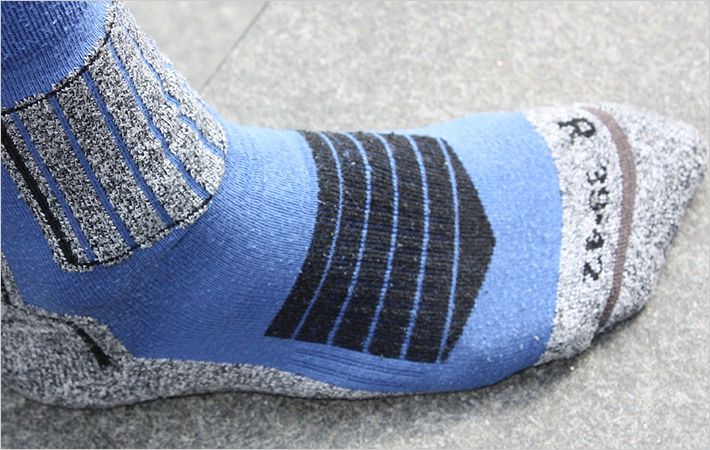An idea inspired by a cotton candy machine turned into the world's first high-speed nanofiber manufacturing facility Tuesday at the grand opening of the University of Texas-Pan American's first technology startup company.
State and local education, business and political leaders joined FibeRio Technology Corp., a private company that markets nanofiber production technology, in commemorating its new facility in the Sharyland Business Park at 4409 Wanda Ave.An idea inspired by a cotton candy machine turned into the world's first high-speed nanofiber manufacturing facility Tuesday at the grand opening of the University of Texas-Pan American's first #
And more than five years in the making, this step represents a future for entrepreneurs in the Rio Grande Valley who can bank on the support of the university, city and economic development leaders and private industry, UTPA President Robert Nelsen said.
“Collaboration and community engagement, they are at the heart of what a university is, and not surprisingly they are at the heart of what innovation is,” he said. “Without collaboration, and without involvement in the community, we cannot succeed in what we are doing.”
FibeRio received more than $1.5 million from the McAllen Chamber of Commerce, University of Texas System and Texas Emerging Technology Fund, or ETF, to develop Professors Kamal Sarkar and Karen Lozano's invention of “Forcespinning.”
That process, an idea Nelsen said Lozano got from a cotton candy machine, quickly and cheaply spins material that are thinner than a human hair to create nanofibers, which have revolutionized the medicine, defense, textiles and nearly every other industry.
Also FibeRio's chief technology officer, Lozano said conventional methods yield less than a half-gram of fibers per hour, while her process makes about 8 grams per minute.
“The Valley is steeped in entrepreneurship (and) we are very committed to finding the next FibeRio,” said Nelsen, noting UTPA will announce a new strategic plan next year to incubate more student and faculty research into commercialized products.
Roger Lipton, FibeRio's senior vice president for sales and marketing, confirmed the company has already made business relationships with companies from Japan, India, South America and across the U.S.
And he expected the young startup to fully meet its goals of creating more than 110 jobs and $84 million in net revenues within the next five years. FibeRio has already hired 20 employees, including at least one UTPA graduate, Lipton said.
“The (Texas) Legislature wisely created the (ETF) in order to create and foster exactly this type of business and collaboration,” said Jonathan Taylor, state director of the program. “That's universities, local small businesses and entrepreneurs to create new opportunities, (jobs and technologies).
“The next economy, that forever green economy, will be that innovation economy. It has to be,” Taylor added. “And the Valley will not be left behind. The Valley has proven through FibeRio (that) you won't be a part of it, you will be leading the way.”
UTPA launched the company in late 2009, retaining equity in the company to collect future income while granting Lozano and Sarkar their own equity and 50 percent of FibeRio's royalties.
FibeRio Technology Corp.

